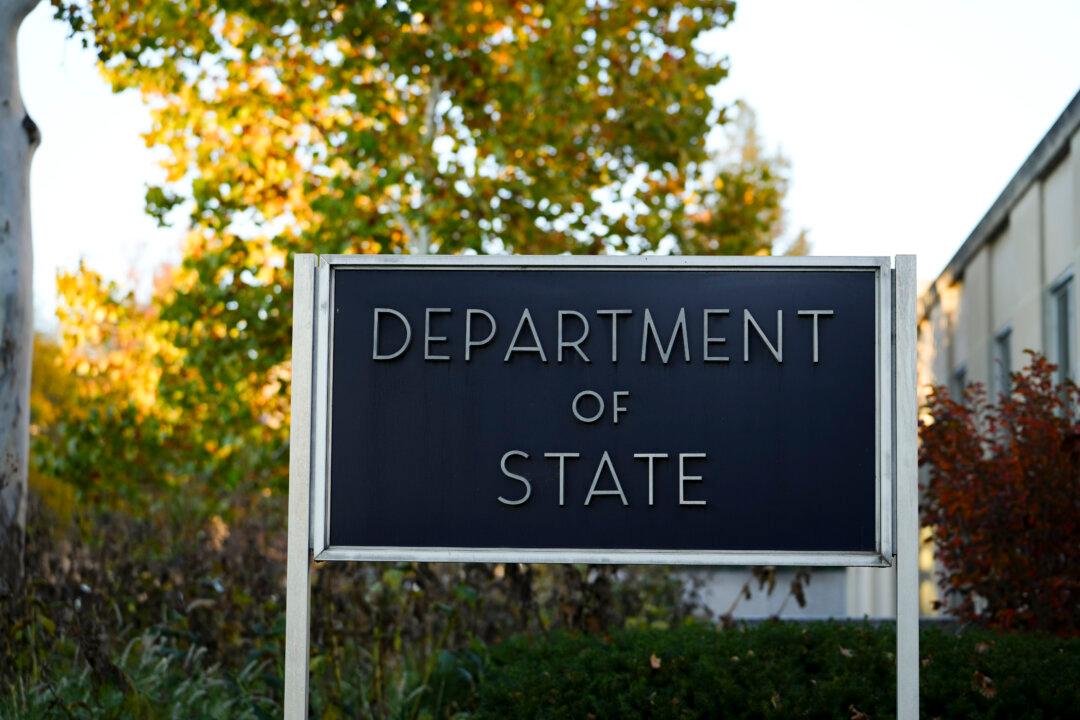Azerbaijan appears to have banned high-ranking U.S. officials from visiting the country, citing “biased” and “unacceptable” remarks made by James O’Brien, U.S. assistant secretary of state for European and Eurasian affairs.
In a Nov. 16 statement, Azerbaijan’s Foreign Ministry said that “one-sided and biased remarks” by Mr. O’Brien—in which he questioned Baku’s commitment to making peace with Armenia—were “counterproductive, baseless, and unacceptable.”





